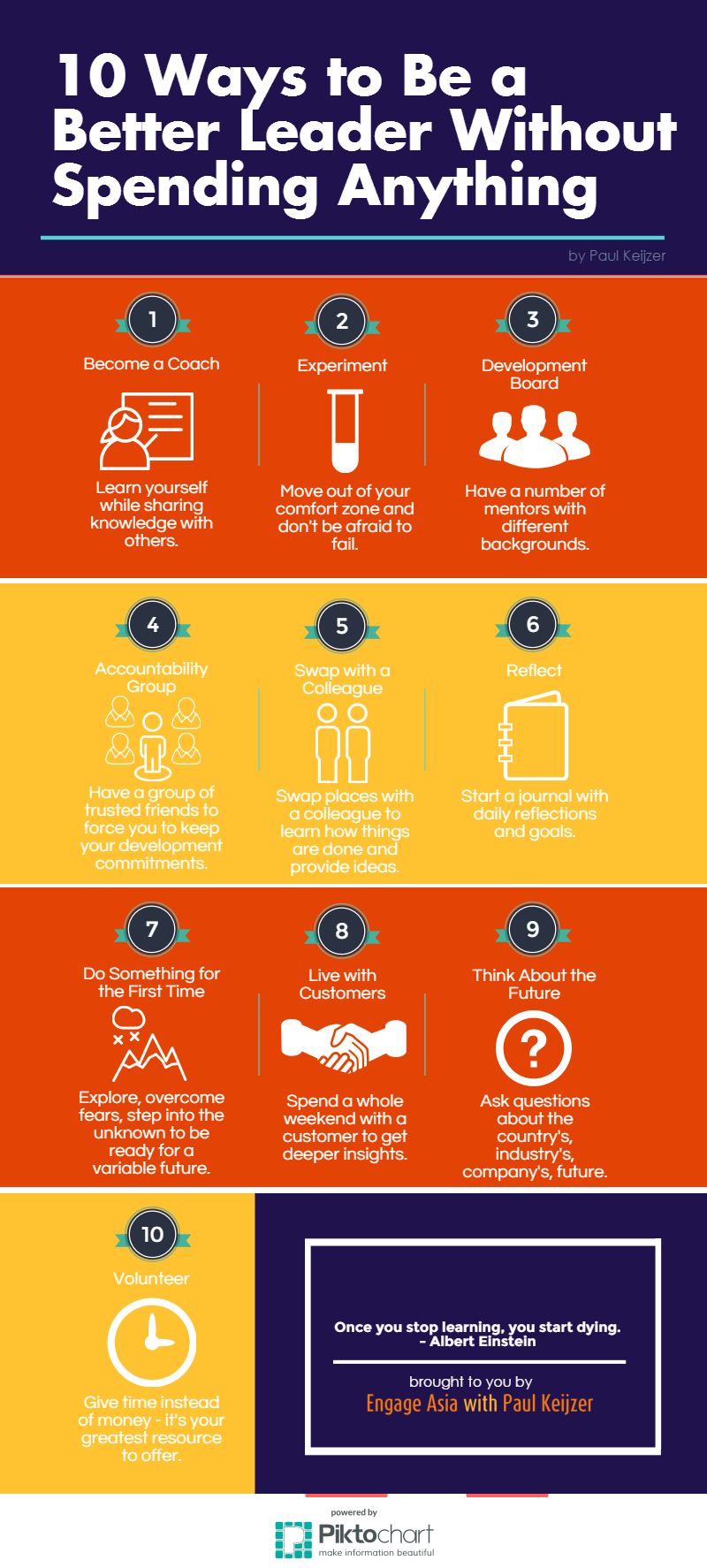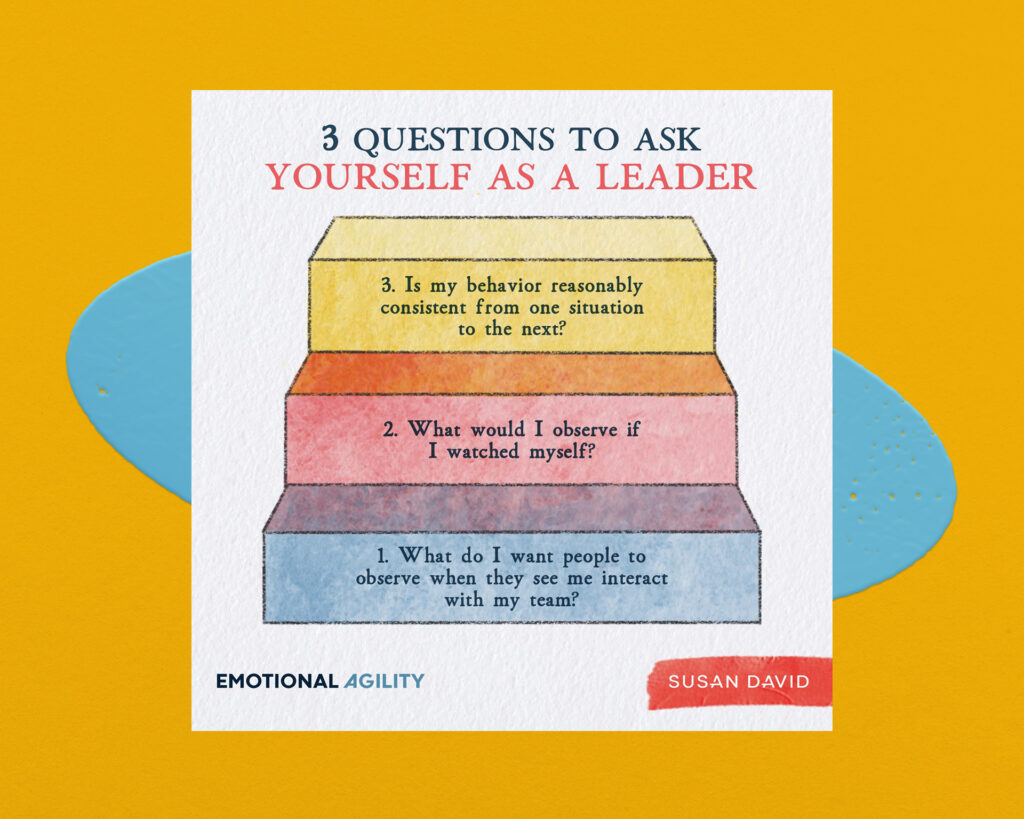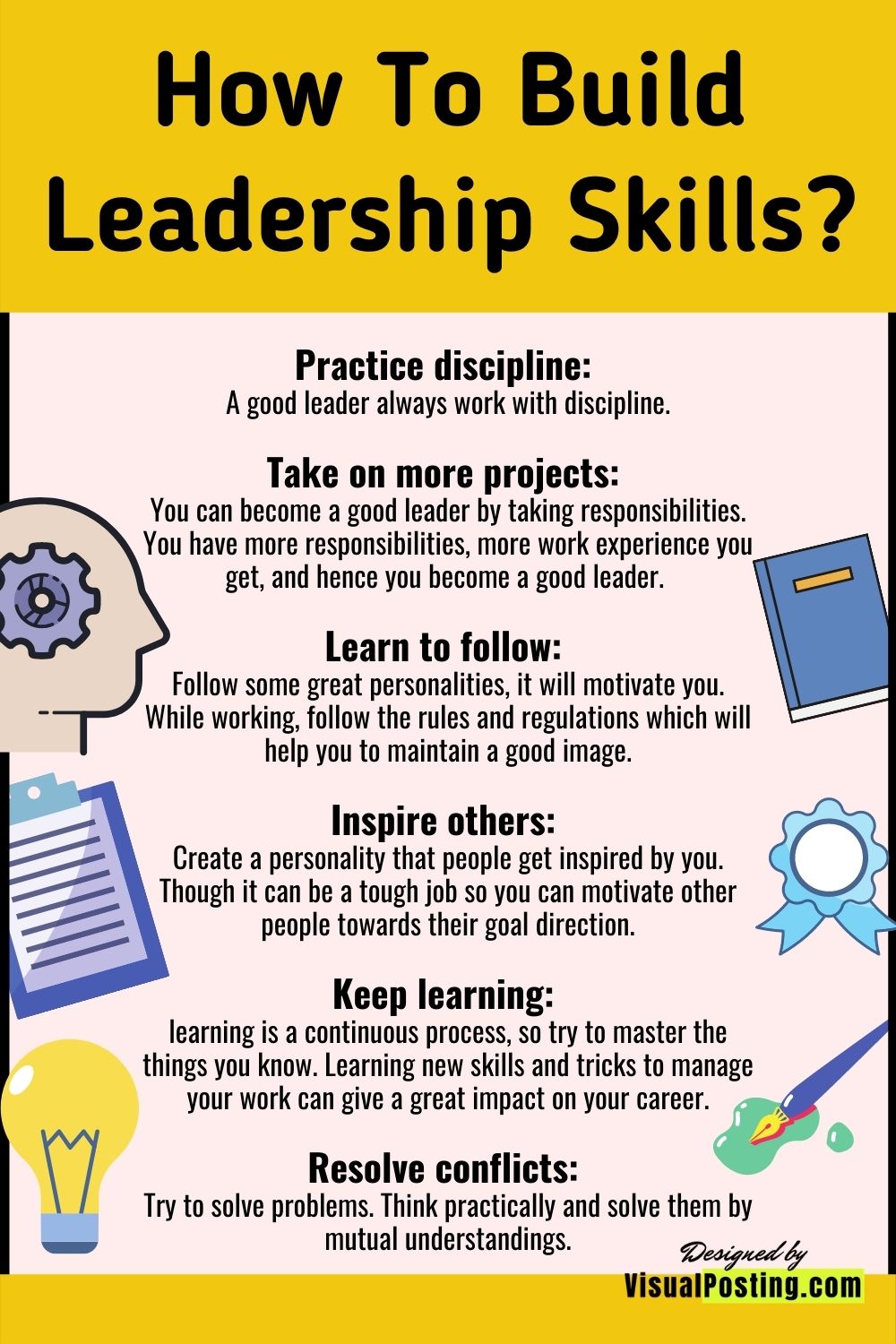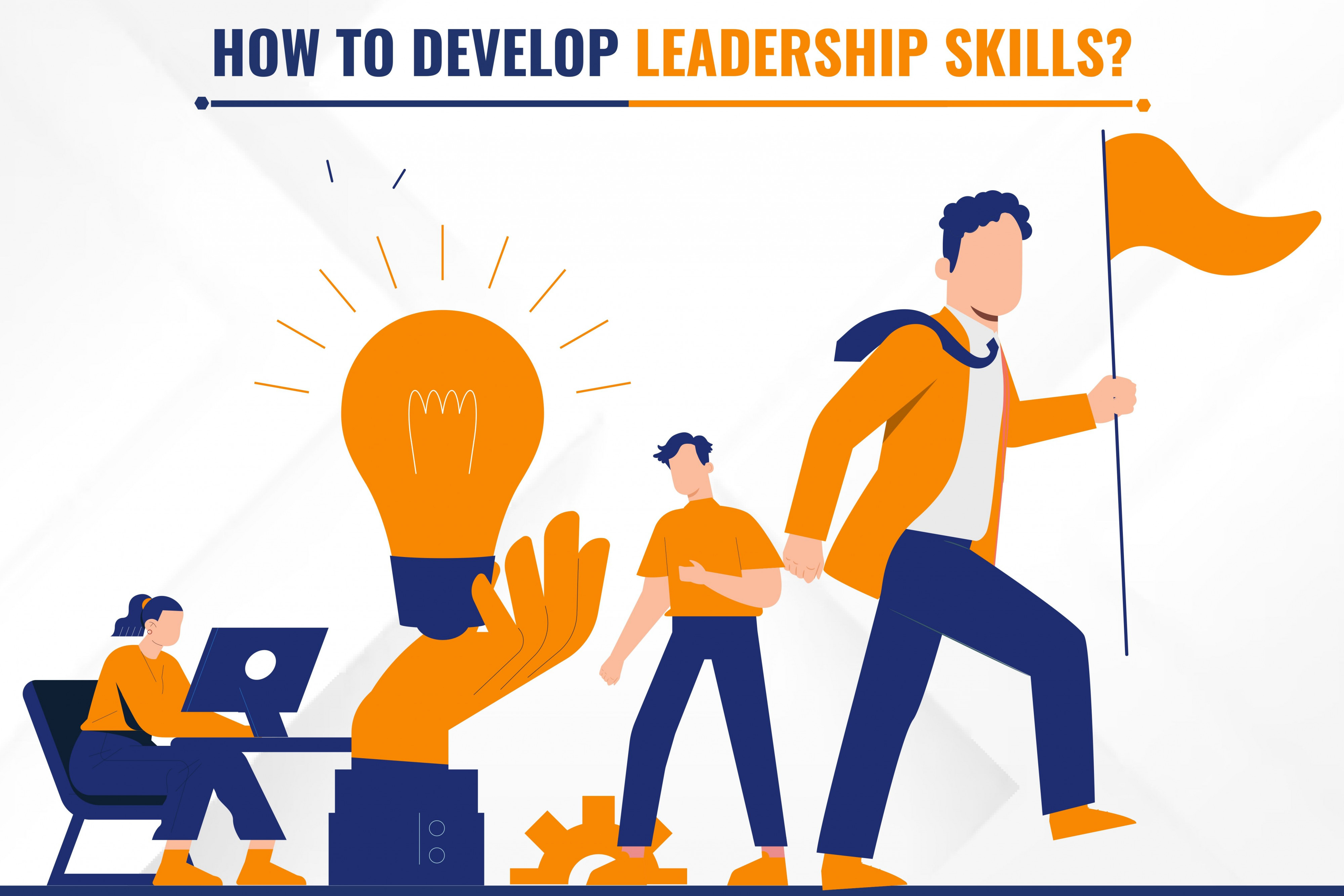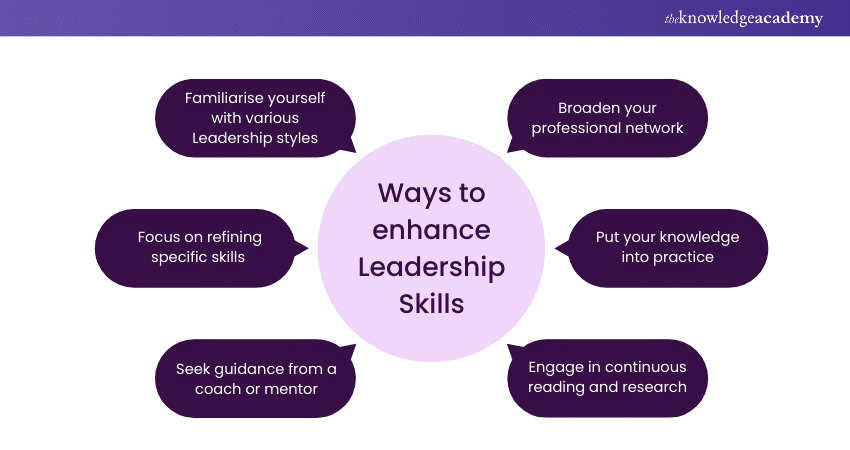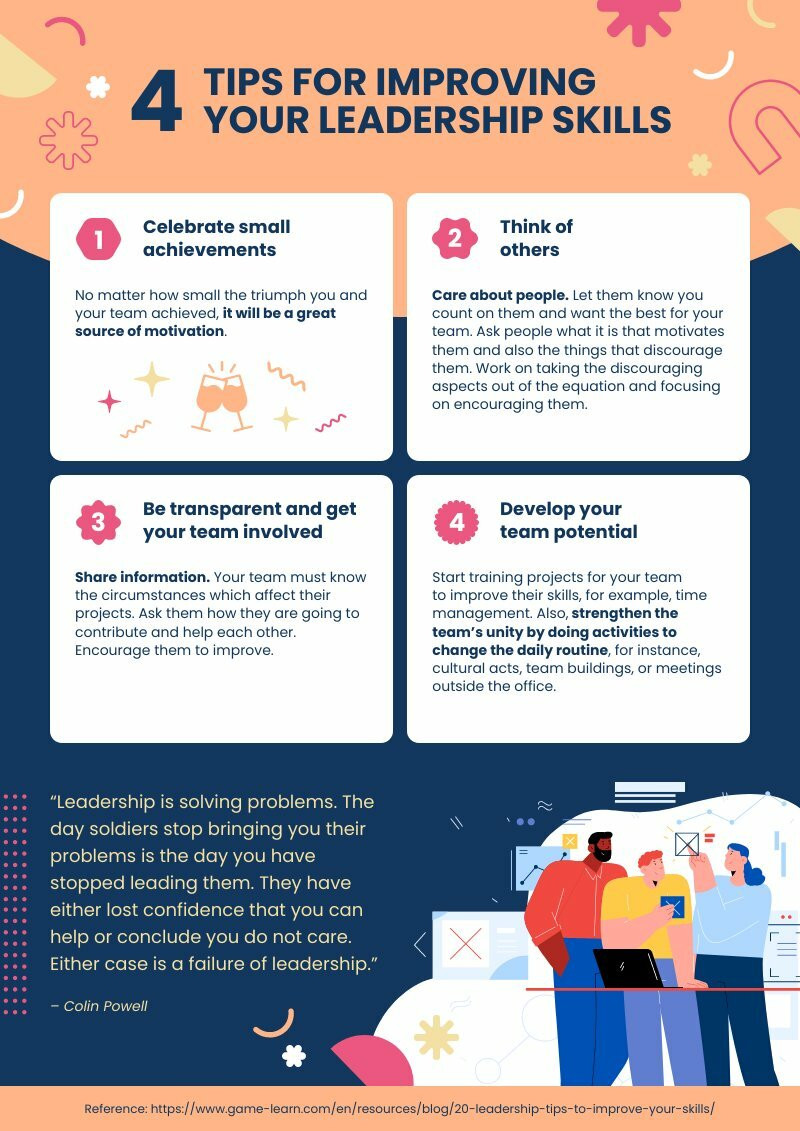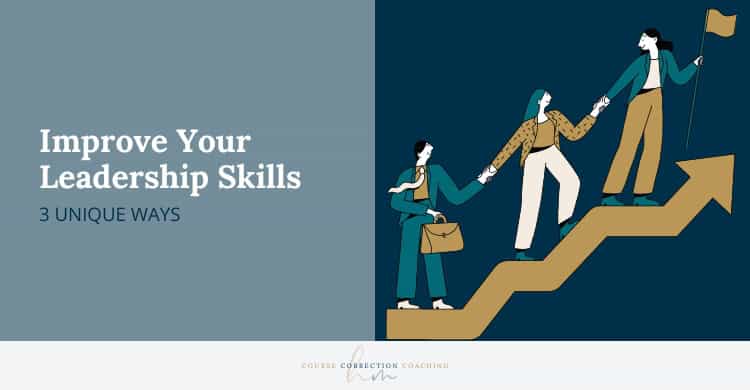How To Improve Yourself As A Leader

In today's volatile and complex world, effective leadership is no longer a desirable trait but a crucial necessity. Organizations across all sectors face unprecedented challenges, demanding leaders who can inspire, adapt, and drive positive change. The journey to becoming a better leader is a continuous process of learning, self-reflection, and adaptation.
This article delves into actionable strategies for enhancing leadership capabilities. It explores key areas for development, including communication, emotional intelligence, strategic thinking, and fostering a culture of growth. It also draws upon insights from leadership experts and reputable organizations to provide a comprehensive guide for aspiring and current leaders.
Mastering the Art of Communication
Communication is the cornerstone of effective leadership. Leaders must be able to clearly articulate their vision, goals, and expectations to their teams.
According to a 2023 study by Gallup, employees who feel their leaders communicate effectively are nearly three times more likely to be engaged in their work. This highlights the importance of not only what you communicate, but also how you communicate it.
Active listening, empathy, and the ability to tailor your message to different audiences are crucial skills. Practice active listening by paying attention, asking clarifying questions, and summarizing key points to ensure understanding.
Cultivating Emotional Intelligence
Emotional intelligence (EI) is the ability to understand and manage your own emotions and those of others. It's a critical component of effective leadership.
A 2016 report by the Harvard Business Review found a strong correlation between a leader's EI and their team's performance. Leaders with high EI can build stronger relationships, resolve conflicts more effectively, and inspire greater trust among their team members.
Self-awareness, self-regulation, empathy, and social skills are the core components of EI. To improve your EI, begin by practicing self-reflection to identify your strengths and weaknesses.
Seek feedback from trusted colleagues and mentors. Consider taking an emotional intelligence assessment to gain a deeper understanding of your EI profile.
Developing Strategic Thinking
Strategic thinking involves the ability to analyze complex situations, identify opportunities and threats, and formulate plans to achieve long-term goals. Leaders who can think strategically are better equipped to navigate uncertainty and make informed decisions.
McKinsey & Company emphasizes the importance of strategic foresight in today's rapidly changing business environment. Leaders must be able to anticipate future trends, adapt to disruptive technologies, and develop innovative solutions to stay ahead of the curve.
To enhance your strategic thinking skills, immerse yourself in industry research, attend conferences, and engage in scenario planning exercises. Seek out opportunities to work on cross-functional projects to broaden your perspective and learn from different areas of the organization.
Fostering a Culture of Growth
Great leaders create environments where their teams can thrive, learn, and grow. Fostering a culture of growth involves providing opportunities for professional development, encouraging experimentation, and celebrating both successes and failures as learning experiences.
The Society for Human Resource Management (SHRM) advocates for continuous learning and development as a key factor in employee engagement and retention. Organizations that invest in their employees' growth are more likely to attract and retain top talent.
To foster a culture of growth, provide regular feedback to your team members, offer mentorship opportunities, and create a safe space for experimentation and innovation. Encourage employees to pursue professional development opportunities, such as attending workshops, conferences, or pursuing certifications.
Empower your team members to take ownership of their work and contribute their unique skills and perspectives. Celebrate both successes and failures as learning opportunities.
Leading with Authenticity
Authenticity is a quality that resonates deeply with people. Leaders who are genuine, transparent, and true to their values are more likely to inspire trust and loyalty.
Brené Brown, a renowned researcher and author on vulnerability and leadership, emphasizes the importance of embracing vulnerability and showing up as your authentic self. This creates a culture of trust and connection, where employees feel safe to be themselves and contribute their best work.
To lead with authenticity, start by understanding your own values and beliefs. Be transparent in your communication, share your experiences and struggles, and be willing to admit when you don't have all the answers.
Embrace vulnerability and create a safe space for others to do the same.
The Path Forward
Becoming a better leader is a lifelong journey, not a destination. Embrace continuous learning, seek feedback from trusted sources, and remain open to new ideas and perspectives.
By focusing on communication, emotional intelligence, strategic thinking, fostering a culture of growth, and leading with authenticity, you can unlock your leadership potential and inspire others to achieve their full potential. The future demands leaders who are not only competent but also compassionate, visionary, and committed to creating a better world.
